A key characteristic of AJAR’s institutional identity is its close, ongoing relationships with survivors of serious violations. AJAR maintains these relationships by providing support to victims’ organizations, amplifying their ‘voices’ through trainings and workshops.
Survivor stories
The core of AJAR’s work is to assist and empower victims, to support human rights defenders and to prevent the recurrence of atrocities. The most important contribution AJAR can make to sustainable peace and prosperity is to assist with building resilient cultures and accountable societies, free from impunity.
Entrenched impunity and prevalence of patriarchal cultures throughout the Asia-Pacific region block the pursuit of accountability and the fulfilment of human rights. Cultural taboos on exposing the truth about gender discrimination and sexual abuse contribute to blaming the victims. Impunity remains strong which allows for the practices of sexual harassment, abuse and violence against women in non-conflict situations. This becomes worse in situations of armed conflict and mass violations.
During conflict, men and boys become targets of violence and must endure unspeakable torture and abuse. Male survivors of torture face challenges in rebuilding trust and may adopt some of the characteristics of their oppressors. Women, especially IDPs, refugees and trafficked women, face further risks of violence and violations when they are displaced from their homes.
Victims of human rights violations and gender-based violence are encouraged to speak out on their issues. The strategies AJAR adopts include:strengthening participatory approaches to ensure that survivors take ownership of and are able to express and address their issues, initiating innovative research and tools to work with survivors and their children in addressing the impact of human rights violations, and supporting victims of gender-based violence in developing and implementing joint advocacy.
Indigenous/ethnic women and men are actively engaged to defend their rights. AJAR does this by strengthening participatory approaches to ensure that indigenous women and men are fully involved in voicing their issues and formulating solutions, and by supporting indigenous/ethnic women and men in developing and implementing joint advocacy efforts.
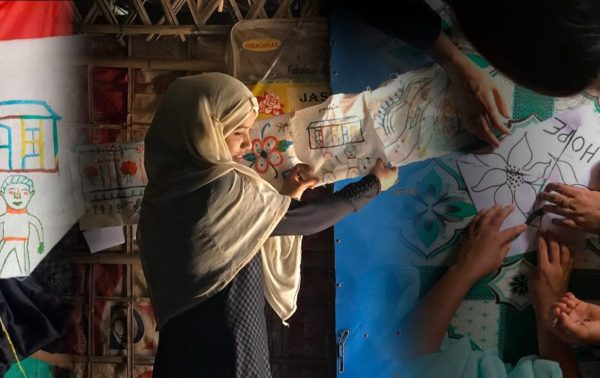
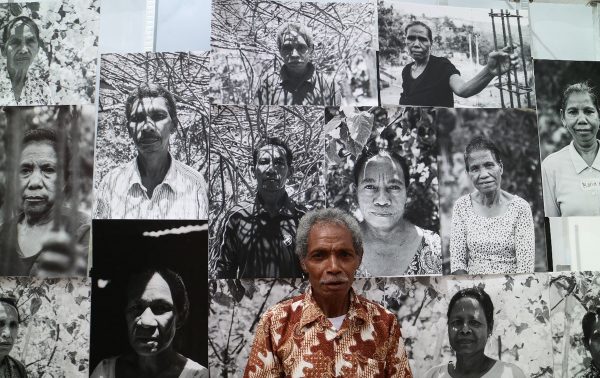
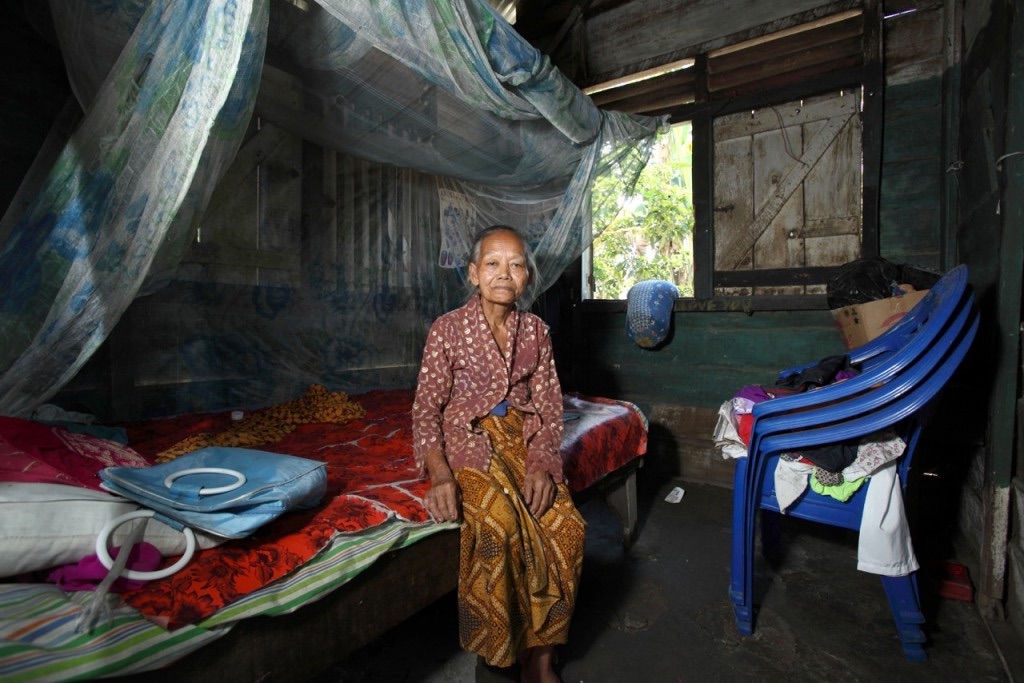
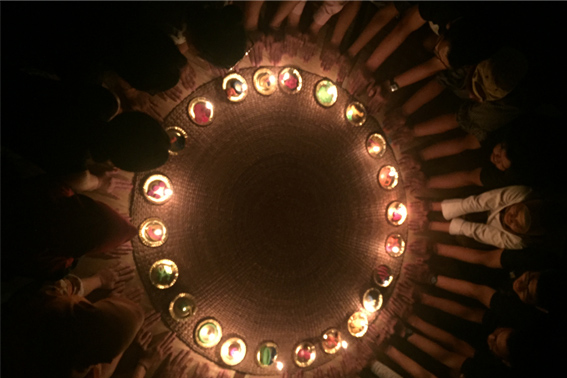
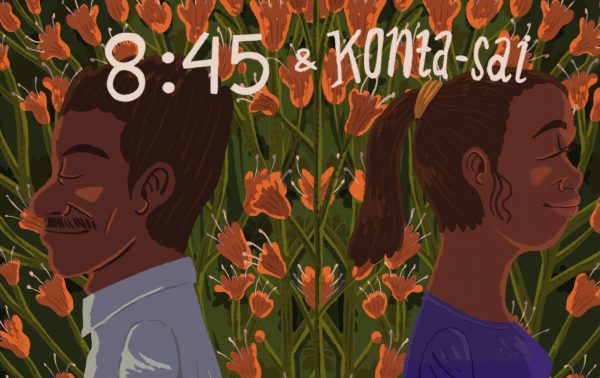
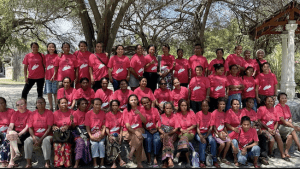
Lessons on Survivor Initiatives in WPS Week 2025 Side-Event: Bukae as an Innovations in Advancing Reparations and Recognition for Survivors in Timor-Leste
New York & Sydney, 27 October 2025 – During the 2025 Women, Peace and Security (WPS) Week, Asia Justice and…
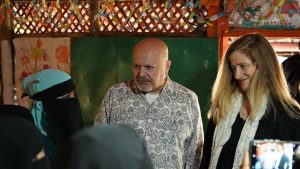
Bangladesh: ICC Prosecutor Reaffirms Commitment to Justice for Rohingya Refugees During Visit to AJAR’s Learning Centre
Cox’s Bazar, Bangladesh, 26 November 2024 – International Criminal Court (ICC) Prosecutor Karim Khan visited the AJAR’s Learning Centre in…
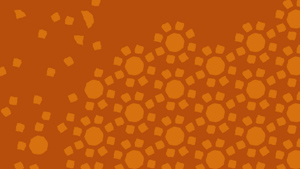
Indonesia/Malaysia/Thailand: New Report from Rohingya Oral Histories Portrayed Urgent Need for Regional Action on Refugee Crisis
“When I looked up, I could only see the sky wherever I looked, and when I looked down, it was…

Indonesia: AJAR, Komunitas Film Kupang Showcase Documentary of Survivors Stories at Movies that Matter
1 April 2024, The Hague, The Netherlands — A selection of documentary film projects on human rights and social or…
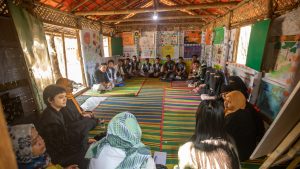
Bangladesh: Aceh Civil Society Visits Cox’s Bazar to Bridge Rohingya Relief Efforts in the Region
For years, Rohingya refugees have risked their lives on perilous sea journeys from Myanmar and Bangladesh, desperately seeking safety and…
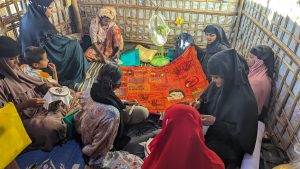
Bangladesh: Empowering Rohingya Women and Men on Human Rights Day
In the heart of the Rohingya camps in Cox’s Bazar, Bangladesh, the collaboration between AJAR (Asia Justice and Rights) and…
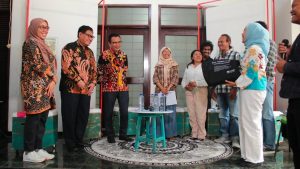
Indonesia: An Intergenerational Learning of Inheriting Memories, Challenging Injustice
AJAR, together with the Community Learning Center (CLC), launched the unveiling of social analysis results and the screening of a…
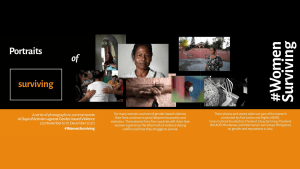
16 Days of Activism against Gender Based Violence
Every year on 25 November we celebrate International Day for the Elimination of Violence Against Women which runs up until…
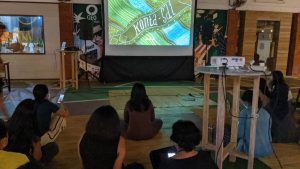
Screenings of AJAR’s Award-Winning Animated Films “Konta-Sai” and “8:45” in Bali
Bali, 27 November 2021 – Screenings of AJAR’s two animated films, “8:45”and the award-winning “Konta-Sai”, took place with human rights…
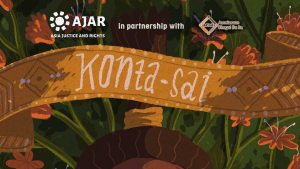
AJAR’s Short Film “Konta-sai” Awarded Best Film and Best Animation at ReelOzInd! Australia Indonesia Short Film Competition 2021
We are delighted and proud to announce that our animated documentary titled “Konta-sai” has been awarded the Best Film and…
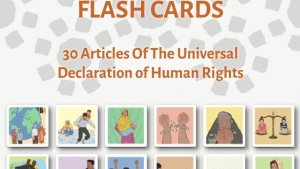
UDHR Mobile Application Launch (with the Liberation War Museum of Bangladesh)
In collaboration with the Liberation War Museum (LWM) of Bangladesh, AJAR has released a mobile application called the UDHR Flashcards…
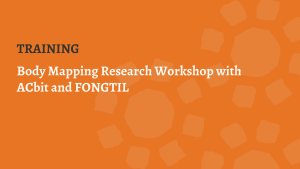
Body Mapping Research Workshop held with ACbit and FONGTIL in DIli, Timor-Leste
Dili, 5 July 2021 – In collaboration with our partners in Timor-Leste – ACbit and FONGTIL – AJAR held a…
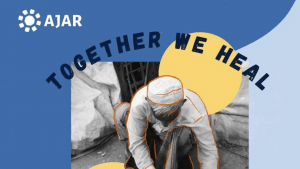
Bangladesh: With the Rohingya, Campaign to Commemorate World Refugee Day
On 20 June, we commemorate World Refugee Day to celebrate and honour the strength, courage and resilience of refugees. This…

“Achieve Justice by Combating Impunity” – International Day in Support of Victims of Torture (26 June 2020)
On this International Day in Support of Victims of Torture, Women’s League of Burma (WLB), Network for Human Rights Documentation…
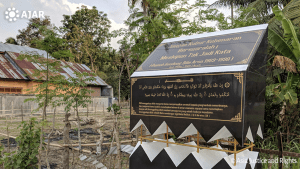
[Press Release] Remembering Rumoh Geudong, Raising Hope for Truth and Justice in Pidie-Aceh, Indonesia
PRESS RELEASE Remembering Rumoh Geudong, Raising Hope for Truth and Justice in Pidie-Aceh, Indonesia Pidie, Aceh, Indonesia, 3 March 2020…

[Press Release] Indonesia and Timor-Leste Must Do More to Search and Reunite the East Timor’s Stolen Children with their Families
Dili, Timor-Leste, 11 November 2019: “I feel very fortunate. I never thought I could return home after thirty-six years,” said…

[Press Release]Aceh Truth and Reconciliation Commission Public Hearing in North Aceh: The Urgency to Provide Reparation for Victims
Lhokseumawe, 17 July 2019 – Today, the Aceh Truth and Reconciliation Commission (TRC) completed a public hearing for victims of…

[Press Release] International Day in Support of Victims of Torture: Revealing the Act of Torture in Aceh
Revealing the Act of Torture in Aceh: Healing Survivors and Preserving Public Memory. Banda Aceh, 26 June – In commemoration…

Returning Home: Nine Stolen Children Reunited with their Families in Timor-Leste
Dili, Timor-Leste 7 December 2018 After 36 years, Moses Xavier finally returned to Timor-Leste. Choking with tears of emotion, he…

The Aceh Truth and Reconciliation Commission Public Hearing: Providing Space for Victims of Torture to Voice Their Truth and Hope
29 November 2018 Banda Aceh, Indonesia “I feel relieved,” said the first testifier when asked how he felt at the…